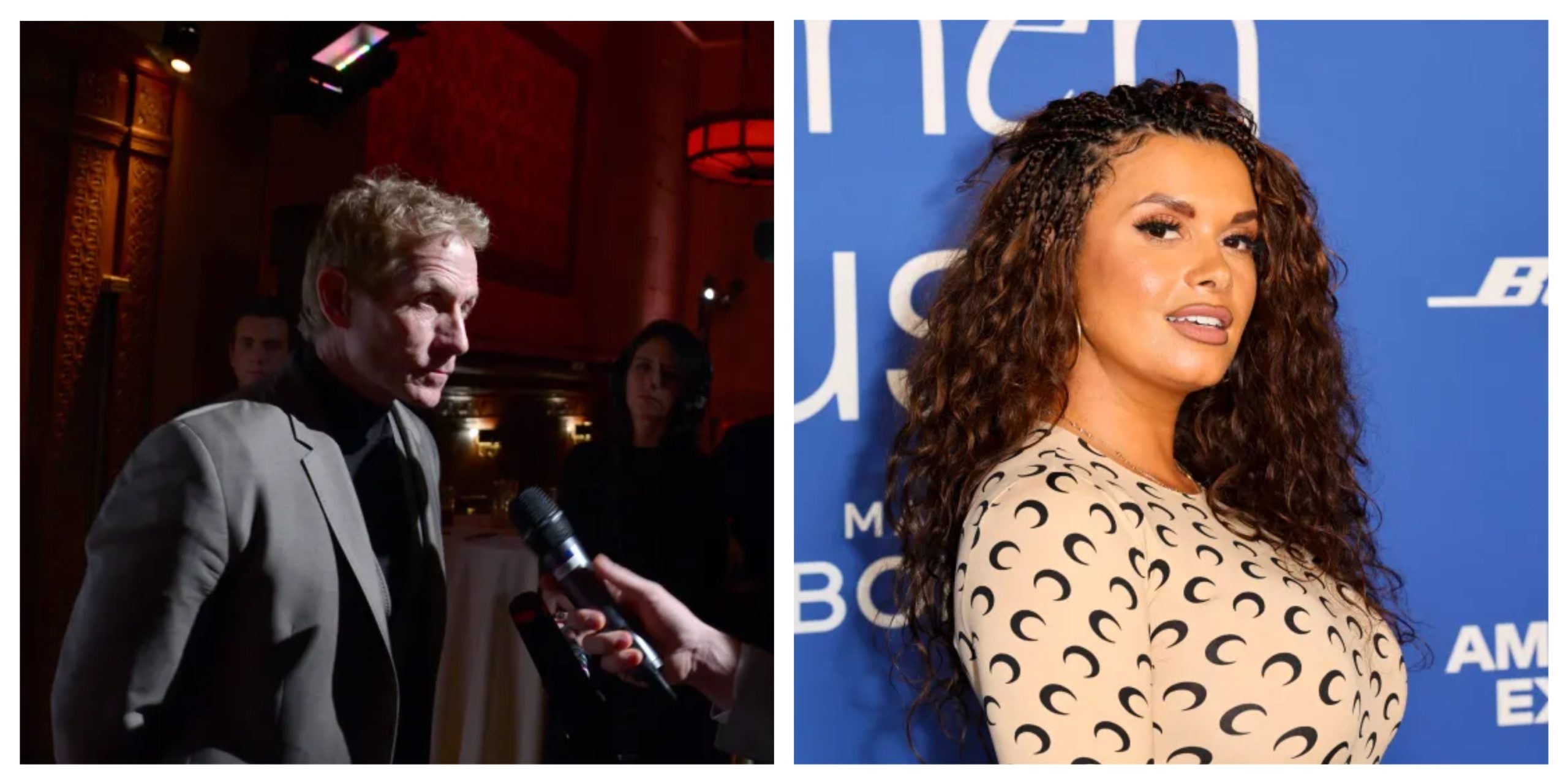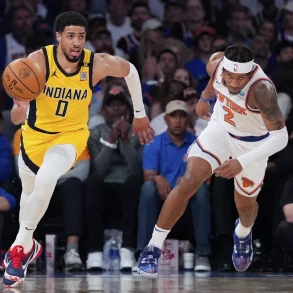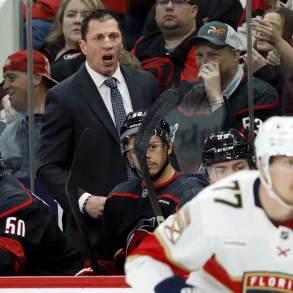Fox has a history of questionable work environments, and a new lawsuit against Fox Sports, commentator Skip Bayless, and executive Charlie Dixon has brought attention to troubling practices, particularly for women in the industry.
On January 3, Noushin Faraji, a former hairstylist for Fox, filed a lawsuit against Bayless, who co-hosted Skip and Shannon: Undisputed from 2016 to 2024. She claims Bayless made unwanted sexual advances toward her, even offering her $1.5 million to sleep with him. The lawsuit also alleges that Dixon, Fox Sports 1’s executive vice president of content, groped her at a party and sexually pursued other female employees.
In addition to Bayless and Dixon, the lawsuit mentions Fox Sports 1 host Joy Taylor. Faraji claims Taylor dismissed her when she reported the groping incident in 2017 and later mocked her accent in 2021. One of the more serious allegations is that Taylor had a sexual relationship with Dixon to secure her position on Undisputed.
The lawsuit paints a picture of ongoing abuse and complicity over nearly a decade. Despite the gravity of the allegations, most of the public backlash has been directed at Taylor. This highlights the challenges women face in male-dominated workplaces, where they are often criticized regardless of their actions.
The reaction also shows how men in the industry may be eager to discredit women in sports journalism. Though the industry has made strides in welcoming more women, the situation still feels like a lose-lose for many.
What is Faraji accusing?
In the 42-page lawsuit, Faraji’s lawyers claim she had to endure a workplace filled with misogyny, racism, and ableism, where executives and talent were allowed to mistreat employees without consequence. The suit includes claims of sexual battery, a hostile work environment, retaliation, and wrongful termination.
Faraji is also asking for her case to be treated as a class action, as the lawsuit includes allegations from other unnamed Fox employees in California about unfair wages and illegal business practices. The defendants include Fox Corporation, Fox Sports Holding, Fox Sports 1, Fox Sports 2, Dixon, Bayless, Taylor, and other anonymous Fox workers.
Fox Sports responded to the lawsuit by saying, “We take these allegations seriously and have no further comment at this time given this pending litigation.” Dixon, Bayless, and Taylor have not commented. Taylor continued hosting Speak on FS1 on Monday without addressing the lawsuit.
According to the complaint, Faraji started as a part-time hairstylist for Fox in 2012 and was hired full-time in 2016. In that year, she became friends with Taylor, who worked at the network. Through Taylor, Faraji became aware of Dixon’s alleged inappropriate behavior toward female employees at Fox.
Faraji says she found out in 2016 that Taylor and Dixon had a sexual relationship, as Dixon began joining Taylor on social outings. Shortly after, Taylor was hired as a moderator for the new Undisputed show.
The lawsuit claims that Dixon gave Taylor the job as a reward for their relationship. Faraji also alleges Dixon punished women who rejected his sexual advances. She states that one unnamed employee was fired for refusing Dixon’s advances, and another talk show host reported his predatory behavior to the network.
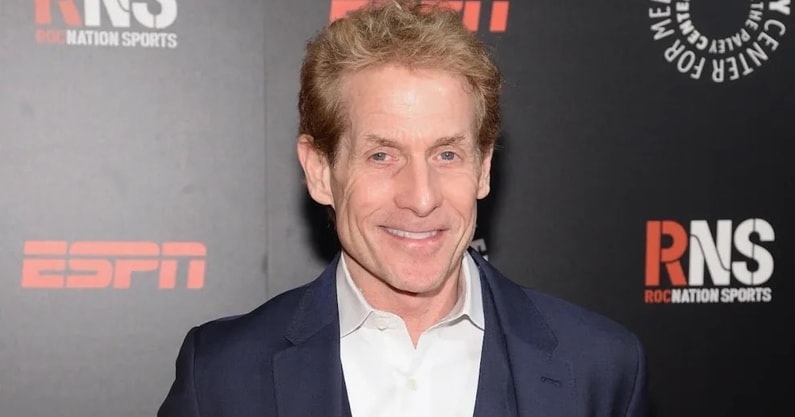
In 2017, Faraji had an encounter with Dixon at Taylor’s birthday party. Faraji claims that Dixon grabbed her butt while they were standing at a bar. She says that when she told Taylor about the incident, Taylor told her to “get over it.”
At the same time that Taylor was reportedly seeing Dixon, Faraji says Taylor also started dating former NFL player and network talent Emmanuel Acho, hoping he would recommend her for the show Speak. Faraji claims she warned Taylor not to date both Dixon and Acho at the same time, because Dixon might retaliate against her. Taylor allegedly replied that she would tell the company that Dixon “forced himself on her” and that she wouldn’t be “forced out by Mr. Dixon” like other women.
Faraji claims she began experiencing harassment from Bayless while working as a full-time hairstylist on Undisputed starting in 2017. She says that Bayless would give her “lingering hugs” and “kisses on the cheek,” and later became “more aggressive and direct” with his advances, which she consistently rejected.
In 2021, she told Bayless about a cancer scare with her left ovary in hopes that he would stop. Instead, she says, he offered her $1.5 million to have sex with him, which she turned down. The complaint states that Bayless kept making advances over the years and later accused Faraji of sleeping with his co-star and “rival” Shannon Sharpe, which she denies. At one point, he allegedly threatened her job.
During her time there, Faraji, who is Iranian, says she faced both sexual and racial harassment from a mic technician, who she says also sold cocaine on set. She claims an unnamed employee (referred to as “Ms. M” in the lawsuit) called her a “Persian b****.” Taylor is also accused of mocking her English and complaining about her constant humming, which Faraji says is a coping mechanism for her diagnosed PTSD.
Faraji says a co-worker reported Ms. M to human resources in 2020 and she spoke to her supervisor about her issues with Taylor in 2023. However, she says both situations were either ignored or poorly handled by higher-ups.
By August 2024, Faraji was removed from the work schedule. Her termination came one year after she participated in an internal investigation, where she says she was questioned about Taylor’s relationships with Dixon and Acho. Faraji claims that during this time, Bayless was asked by human resources if she had offered him sex.
When Bayless denied it, they allegedly “impli[ed] that they wanted him to say otherwise.” Faraji’s complaint describes this as the company’s usual tactic of retaliating against employees who were either “witness[es] or target[s]” of misconduct. However, Fox told Faraji that they could no longer afford her services. Faraji is now seeking unspecified monetary damages and a jury trial.
This is not new for Fox, although most of the misconduct allegations have been tied to their news division. In 2016, several women at Fox News, including anchors Gretchen Carlson and Megyn Kelly, accused the now-deceased CEO and chairman Roger Ailes of sexual harassment.
In 2017, a major New York Times investigation revealed that Fox News and Bill O’Reilly paid millions of dollars to settle six claims of sexual harassment and verbal abuse. Fox’s sports division has also faced public scandals. In the same year, Fox Sports fired its former president of national networks, Jamie Horowitz, due to sexual harassment allegations.
Sports fans are upset — but not about Dixon or Bayless.
The way the lawsuit has been covered in the sports world hasn’t been very positive. Jason Whitlock, a former Fox Sports host known for his controversial views on race, made some sexist comments about Taylor when talking about the lawsuit. On his show Fearless With Jason Whitlock this week, he called her a “symbol of this whole feminist movement” and said she shows the consequences of “sharing everything with women.”
Meanwhile, Dave Portnoy, the founder of Barstool Sports, defended Taylor’s reported relationships with her colleagues but dismissed Faraji’s allegations, calling the lawsuit a “shakedown.” Sharpe, Taylor’s former co-host, didn’t have anything to say about Bayless’ alleged behavior or his own involvement in the lawsuit when it came up on his podcast Nightcap. He said, “That ain’t got nothing to do with me. So there’s nothing to address.”
It’s not surprising that most of the attention has focused on Taylor after the lawsuit was brought up online, while Faraji’s claims against Bayless and Dixon have caused less outrage. Many people on social media expressed anger about the claim that Taylor planned to accuse Dixon of sexual misconduct if she faced backlash for dating another man. At the same time, jokes about Taylor’s alleged relationships — including the idea that these shocking claims are taking attention away from Bayless and Dixon — have been spreading online.
Some users have suggested that Taylor’s actions might hurt other women in sports journalism and make people question their achievements. On one hand, it’s hard not to think that Taylor’s role in the lawsuit might have negative effects for women.
Male sports fans online are quick to push the idea that Taylor allegedly “slept her way to the top,” and some even imply that other female sports reporters may have done the same. However, the conversation about Taylor has brought attention to a bigger, long-standing problem for women in the field.
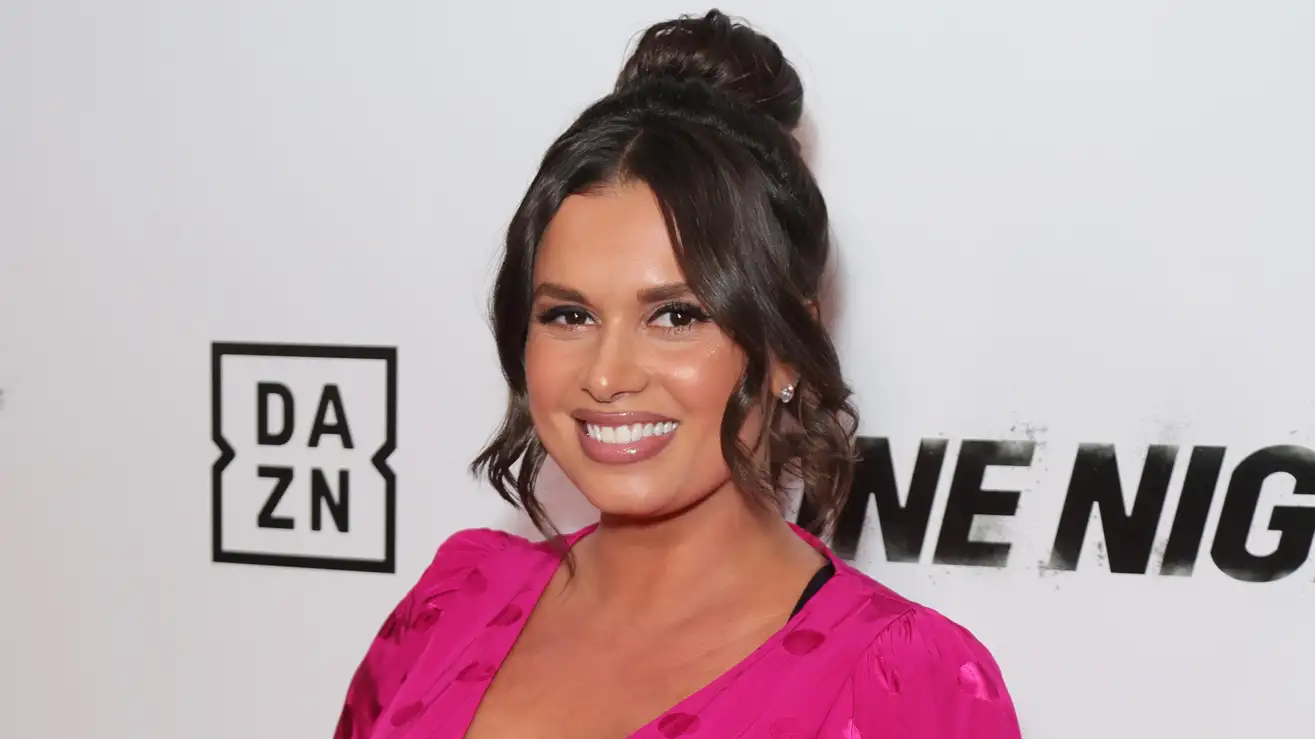
Women in sports broadcasting have seen some changes over the last 50 years — at least on the surface. In 1978, Sports Illustrated reporter Melissa Ludtke had to sue Major League Baseball for being denied access to players’ locker rooms. Now, women sports journalists like Jemele Hill, Taylor Rooks, Erin Andrews, and Mina Kimes are some of the most well-known and recognized reporters in the industry, but they still face challenges.
Andrews became a symbol of the kind of misogyny women sportscasters can face when a nonconsensual nude video of her was posted online in 2009 after she was stalked and secretly filmed in a hotel room. In 2017, after Hill called Donald Trump a “white supremacist” on social media, she faced a wave of misogynistic criticism online.
More recently, Kimes was called a Japanese slur by a Boston radio host, and Rooks has had to defend her clothing choices against judgmental sports fans. Many problems still exist for women in the industry, such as casual sexism, equal pay, and the ability to challenge sports views that are mainly pushed by their male colleagues.
Beyond the issues they may face at work, there is also the challenge of being taken seriously by audiences when talking about a subject that is often seen as something only men are experts in. In 2017, Carolina Panthers quarterback Cam Newton got into trouble when he told a woman journalist that it was “funny” to hear her ask him about football.
In a 2022 interview with The Cut, several women sports reporters talked about how anxious they feel about making any mistake on-air, because male sports fans are quick to call them uninformed. “The fear of being wrong and losing credibility because of something really dumb is real,” said NFL Network host Colleen Wolfe.
The fear of being seen as unqualified — and the harassment that comes with it — seems to make this lawsuit feel especially difficult for women sports commentators. Contrary to popular opinions online, this is not something the allegations in the lawsuit have just caused, but rather a problem that misogynistic sports fans are eager to keep alive.



